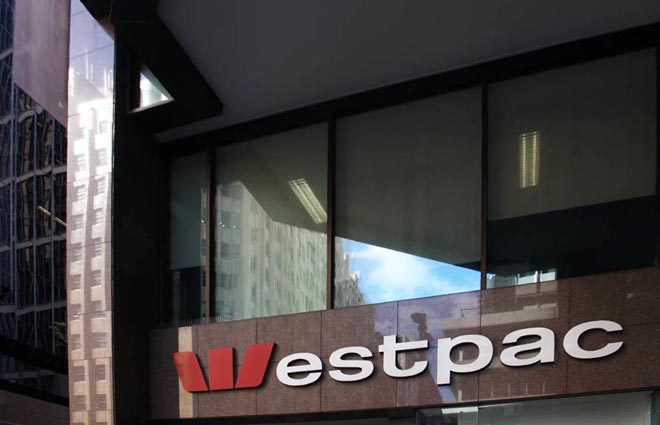Speaking at the Australian Council of Superannuation Investors Annual Conference on Thursday (17 May), the chairman of the Australian Securities and Investments Commission (ASIC) told delegates that he had been “surprised” by several themes and issues in the financial services sector since taking up the helm of the regulator three months ago.
In his speech, ASIC chair James Shipton said: “My concern is that many people in finance have lost sight of the ultimate purpose of the financial system; they have forgotten that this system is about managing other people’s money…
“I worry that many financial services companies have become insular by focusing only on how they can maximise earnings.
“Accordingly, the first job of the sector is to refocus on these core purposes, instead of exploiting opportunities to make money from its customers often to the consumer’s considerable detriment. This is exemplified by the proliferation of conflicts of interest in parts of the financial sector.”
Noting that conflicts are a “perennial challenge for business”, he added that it was “clear” to him that a number of institutions “have not taken the management of conflicts of interest to heart”.
Mr Shipton said: “This is verging on a systemic issue. Indeed, it is the source of much of the misconduct ASIC has been responding to and which is being highlighted by the Royal Commission hearings.
“The inappropriate sale of financial products in caryards by a commission-driven salesforce is but one example that ASIC has tackled in recent times. And yet conflicts of interests are not new.
So, what has surprised me is that:
- many Australian financial firms have turned a blind eye to the risks that conflicts pose to customer outcomes as their businesses evolved or grew;
- they didn’t have a management system, a management culture, or codes that were attuned to identifying and resolving conflicts; and
- there has been reluctance, and often resistance, to addressing conflicts, especially those embedded in remuneration – even when ASIC pointed them out.”
According to Mr Shipton, this “resistance has, at times, extended to a reluctance to make good any harms caused by conflicts”.
He continued: “Too often, unacceptable conflicts were justified by firms on the basis that ‘everyone else is doing it’, even though it’s the right thing to do to end them.
“A business culture that is blind to conflicts of interest is a business culture that does not have the best interests of its customer in mind. Moreover, it is one that is not observing the spirit as well as the letter of the law.
“And so, it is time for Australia’s financial services sector to remember its purpose – and remember always that they are dealing with other people’s money; it must focus on the outcomes it delivers to its customers.”
Mr Shipton therefore called for a “wholesale review by firms to identify, manage and, if appropriate, remove every conflict.
“Only when this is done can the journey of rebuilding trust with our communities begin,” he said.
Looking back at removing ‘conflicted’ broker commissions
While he said that ASIC favours this option in relation to conflicted payments in advice, he highlighted how the ASIC review of broker remuneration highlighted the “desirability of removing at least some of the remuneration-related conflicts in this sector”.
The new ASIC chair said: “In recent years, the Australian Parliament has banned commissions and other conflicted payments in financial advice. This was a recognition that the best way to deal with some conflicts was not to manage or disclose them, but to remove them altogether.
“This is an option that ASIC favours in relation to conflicted payments in advice. There can be no ambiguity in this area. So, I would strongly suggest that all financial firms keep this in mind when considering how to deal with conflicts of interest arising from remuneration structures.
“We have, for example, in our report on mortgage broker remuneration, highlighted the desirability of removing at least some of the remuneration-related conflicts in this sector.”
While the ASIC report suggested that volume-based and bonus commissions could create conflicts, and should be removed (a suggestion that the industry has largely accepted and is working on implementing, via the Combined Industry Forum), the report did also conclude that the standard model of upfront and trail commissions “creates conflicts of interest”.
ASIC’s report 516: “This standard model of upfront and trail commissions creates conflicts of interest. There are two primary ways in which these conflicts may become evident.
“Firstly, a broker could recommend a loan that is larger than the consumer needs or can afford to maximise their commission payment. This may also involve recommending a particular product or strategy to maximise the amount that the consumer can borrow (e.g. through the choice of an interest-only loan)…
“Alternatively, a broker could be incentivised to recommend a loan from a particular lender because the broker will receive a higher commission, even though that loan may not be the best loan for the consumer. We refer to this as a ‘lender choice conflict’,” the report read.
The ASIC remuneration review did not, however, suggest radically changing the commission structure.
It put forward six proposals to improve consumer outcomes and competition in the home loan market, including:
(a) changing the standard commission model to reduce the risk of poor consumer outcomes;
(b) moving away from bonus commissions and bonus payments, which increase the risk of poor consumer outcomes;
(c) moving away from soft dollar benefits, which increase the risk of poor consumer outcomes and can undermine competition;
(d) clearer disclosure of ownership structures within the home loan market to improve competition;
(e) establishing a new public reporting regime of consumer outcomes and competition in the home loan market; and
(f) improving the oversight of brokers by lenders and aggregators.
While no response from government has yet been made regarding what changes, if any, should be made to broker remuneration, it is largely expected that no such response will be made public until the royal commission and Productivity Commission conclude their work on the financial services sector.








